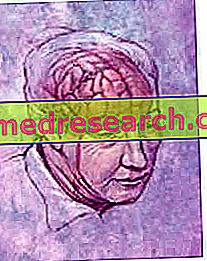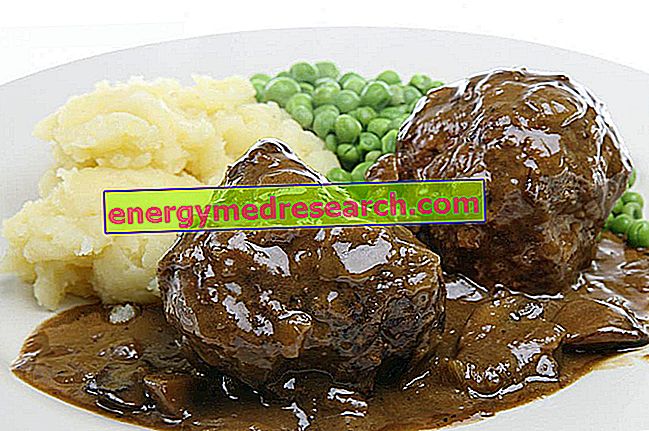Related articles: Embolism
Definition
Embolism is a pathological condition due to the obstruction of a blood vessel by an embolus. Embolus is defined as any material of chemical composition different from that of blood and immiscible to it (usually a blood clot, but also an air bubble, an accumulation of lipid material, a parasite or a foreign body), which is transported in the blood stream up to a lower caliber vessel, in which it stops its run causing more or less important circulatory disorders.The symptoms of pulmonary embolism depend on the site of stop of the embolus. For example, a cerebral embolism can cause a stroke, while the embolism of a limb can lead to gangrene. The most common type of embolism, however, remains the pulmonary one, in which the embolus is generally represented by a blood clot formed in the lower limbs due to problems of deep vein thrombosis. The symptoms of pulmonary embolism are listed below and depend substantially on the caliber of the occluded pulmonary arteries.
Most common symptoms and signs *
- anguish
- Arrhythmia
- Swollen ankles
- Cyanosis
- Coma
- Dyspnoea
- Chest pain
- Foot pain
- Pain in the Navel
- Pain in the sternum
- Hemoptysis
- Swollen legs
- Hydrops Fetal
- Hypotension
- Pallor
- Peritonismo
- Wheezing breath
- Vegetative state
- Fainting
- Tachycardia
- tachypnoea
- Cough
Further indications
Large pulmonary emboli result in heart failure and often sudden death. Immediate treatment with thrombolytic drugs can still significantly reduce the risk of death. The same applies to pharmacological measures (anticoagulants such as heparin and warfarin) and behavioral measures to be adopted with a view to prevention (maintaining a good body hydration by drinking the right amounts of water, walking for a long time or otherwise performing regular physical activity, avoiding static positions for long periods, often rise on the heels performing stretching and ankle mobilization exercises when sitting for a long time).
Given the dreaded consequences of pulmonary embolism, if you were assailed by its typical symptoms it is important to request immediate medical help.



